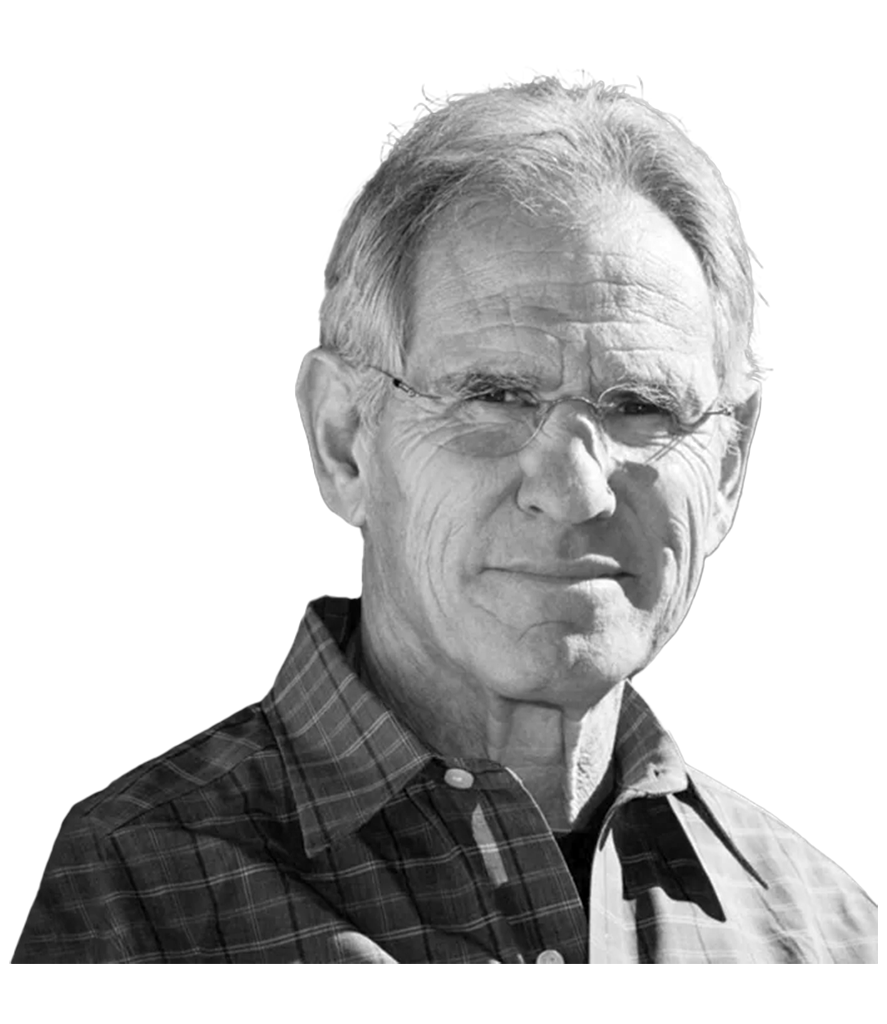
“Create a clearing in the dense forest of your life”
~ Martha Postlethwaite
What is mindfulness?
Mindfulness is very simply being present for this moment right NOW.
If you think about your most fulfilling moments, they are typically those that engage you fully and where there is no cloud of worry or regret. This is where happiness abounds. Rather than seeking and craving other experiences and spending time, money and energy pursuing them, we learn to accept this moment and the conditions of our life more fully.
Mindfulness trains our mind and body to be fully present for our life just as it is.
Although it is commonly thought that Mindfulness has roots in Buddhism and Hinduism, some researchers argue that the history of mindfulness also has roots in Judaism, Christianity, and Islam (Trousselard et al., 2014). Mindfulness can be considered as a universal human ability embodied to foster clear thinking and open-heartedness. As such, this form of being requires no particular religious or cultural belief system.
Mindfulness is an ancient practice but it is a practice that is relatively new to the western world. According to Jeff Wilson, author of Mindful America (2014), there were three main forces that propelled the mindfulness movement into mainstream awareness, all emerging around the 1970s. The first was the vipassana meditation movement. The second was the Vietnamese Buddhist monk, Thich Nhat Hanh, author of more than 100 books on mindfulness, Buddhism, and peace, whom the Irish Times has described as the “father of mindfulness.”
The third force was Jon Kabat-Zinn, who has played arguably the biggest role in establishing the scientific credibility of mindfulness in the West. Although Kabat-Zinn has studied with Buddhist teachers, including Thich Nhat Hanh, and he has drawn on a variety of meditation techniques from different Buddhist traditions, the medical professor is not a Buddhist, nor is his approach to mindfulness religious in nature. Kabat-Zinn, who has a PhD in molecular biology from MIT, became interested in the health benefits of mindfulness, which he sought to investigate and study through a scientific lens.
Recognizing that people seemed to benefit psychologically and physically from extended time spent directing their attention to the present, Kabat-Zinn went on to develop an evidence- based mindfulness program MBSR that Kabat –Zinn terms “secular mindfulness.” Jon Kabat-Zinn’s definition of mindfulness is “being present in a particular way – in the present moment, on purpose and without judgment.”
When we can “be here now”, the tension that is generated by wanting life to be different tends to dissipate. The sense of overwhelm that is pervasive in society today lifts and we feel lighter - more productive and confident. I invite you to join me in learning practices to be present for all of the moments of your precious life.
~ Mickie Brown



